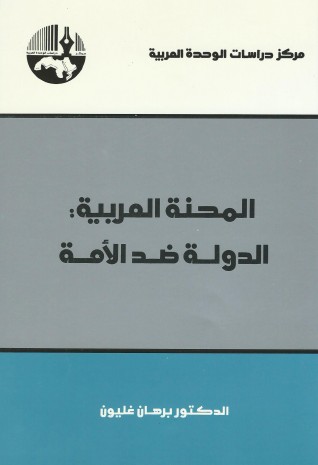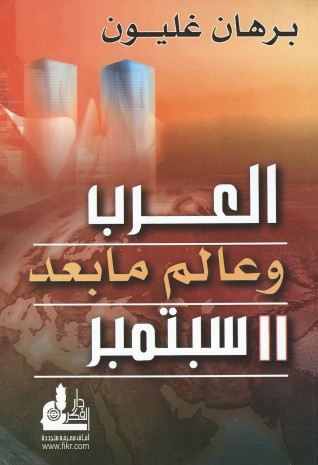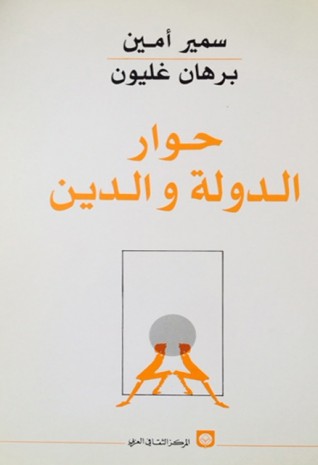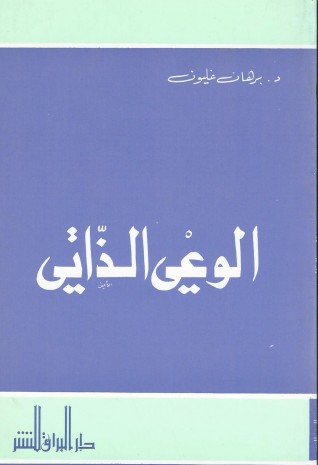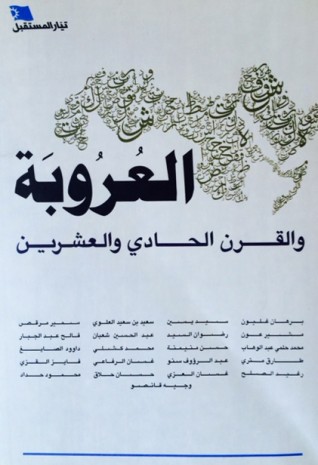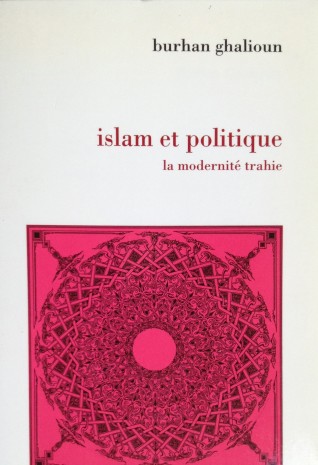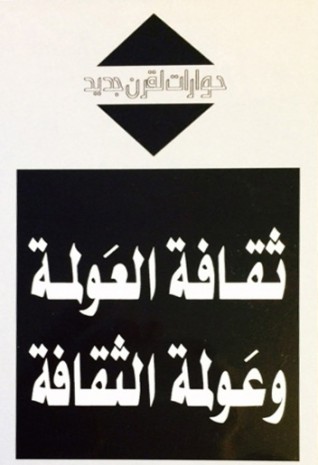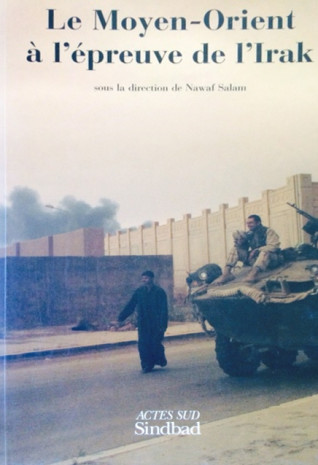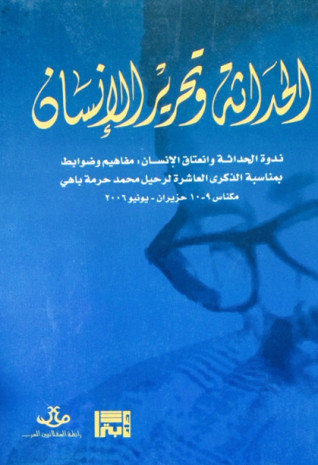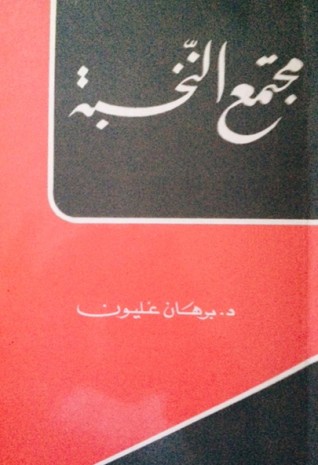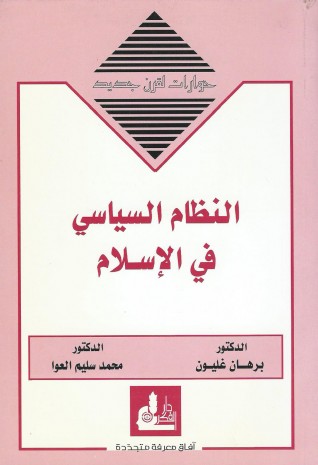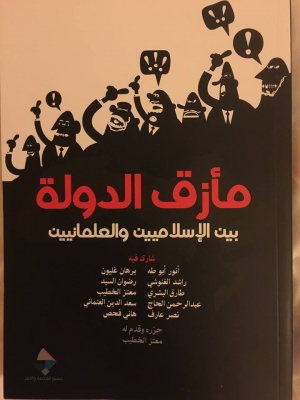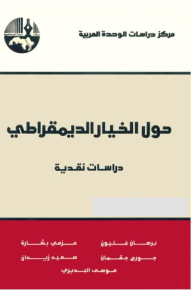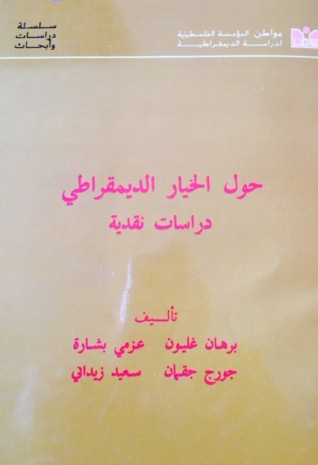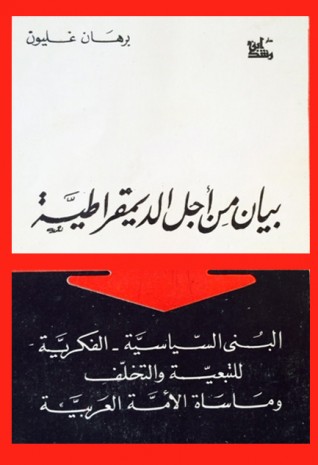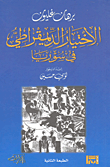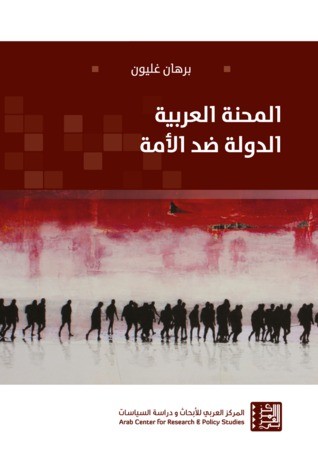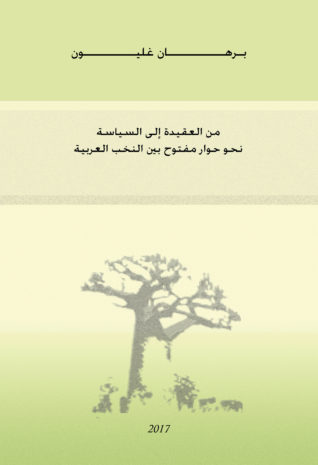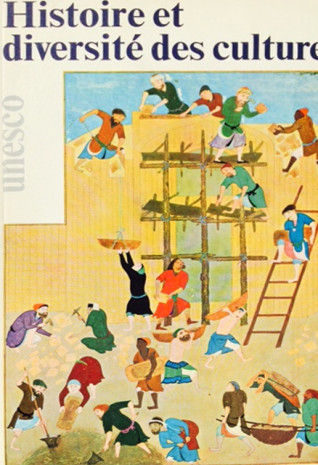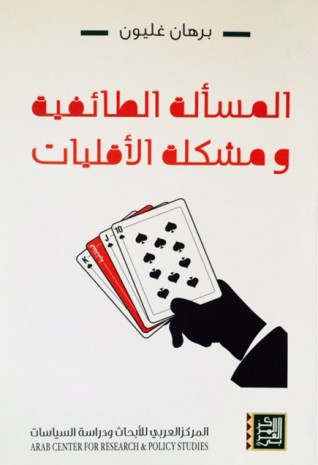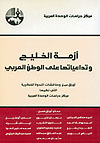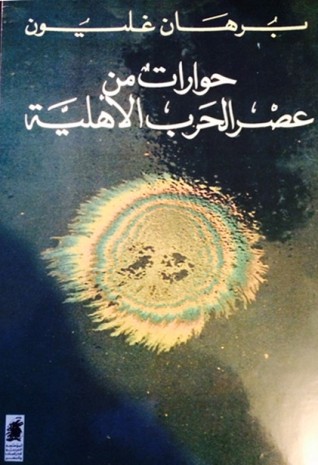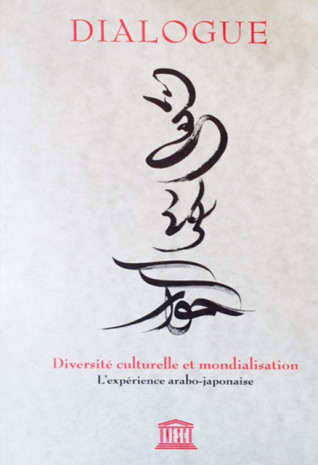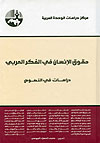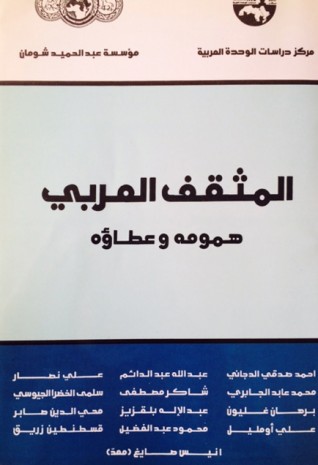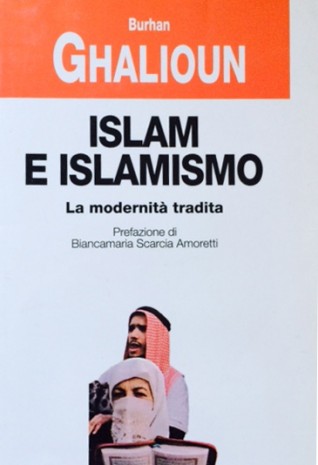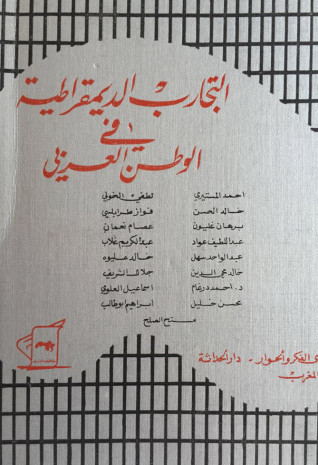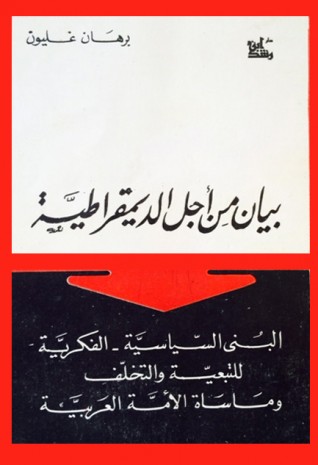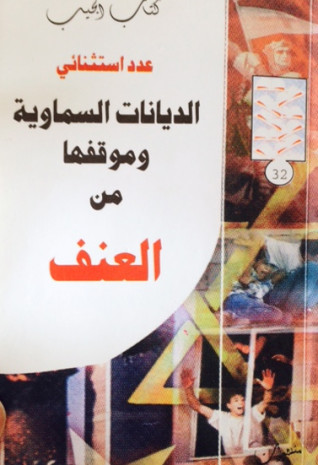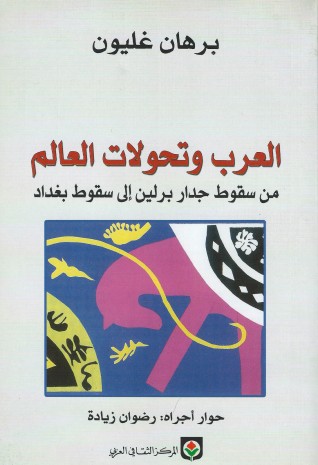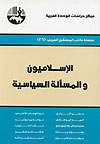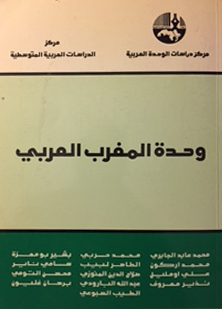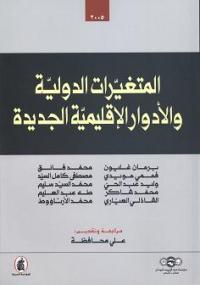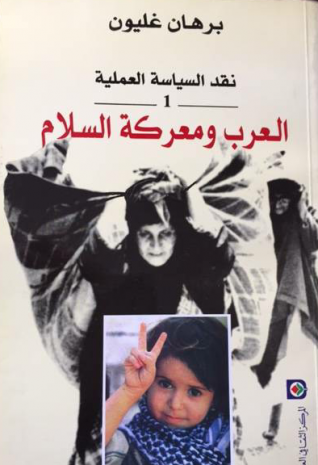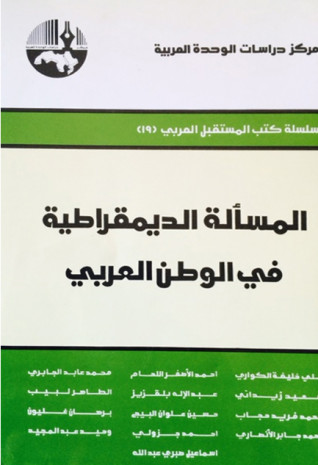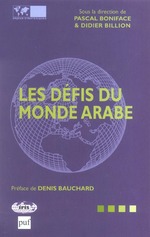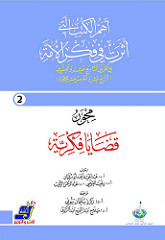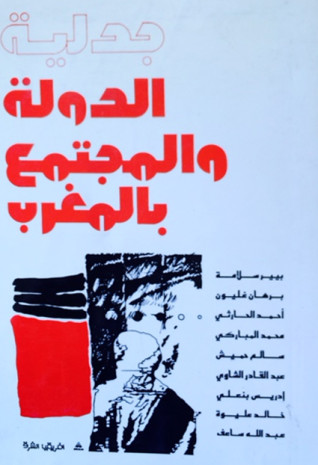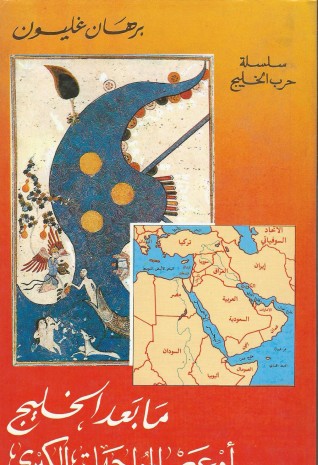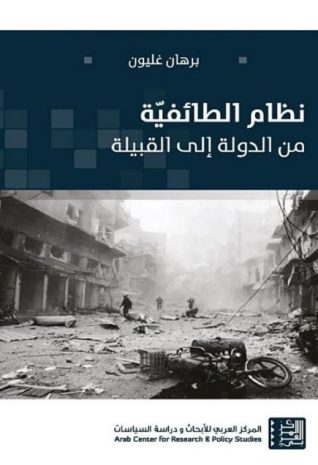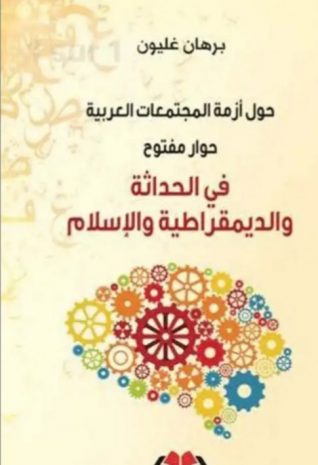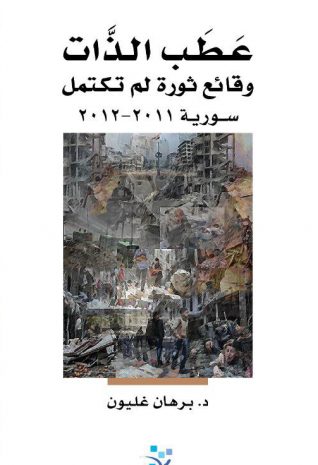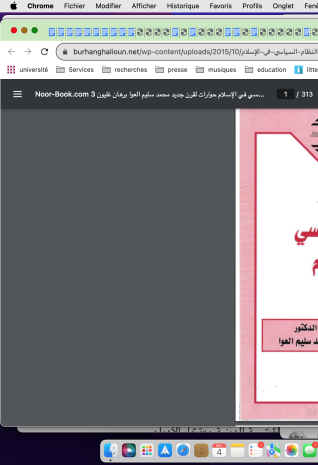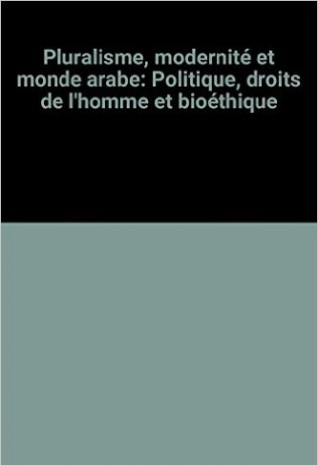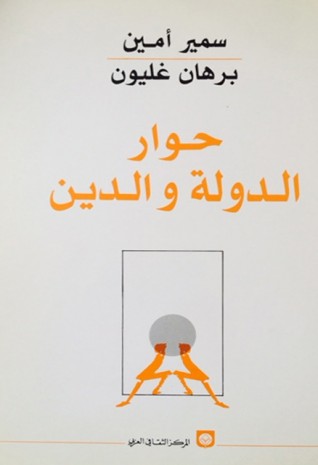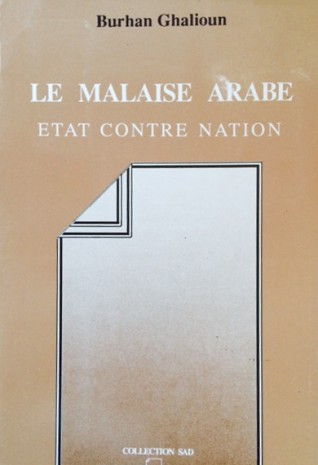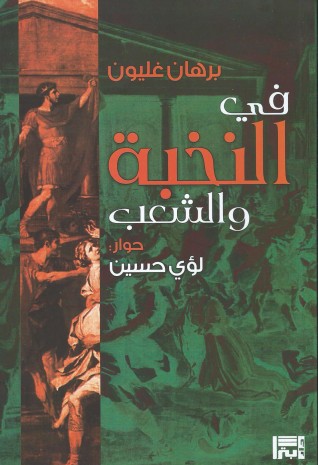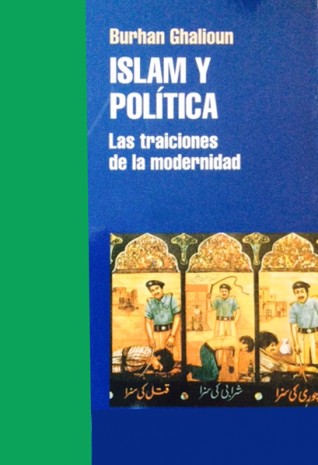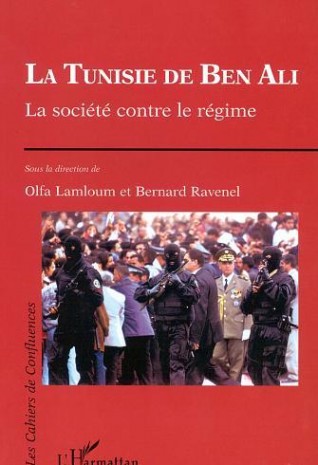Arab Views Of US Motives
2003-02-03:: Arab Press Review
The following is an extract from an article by Dr Burhan Ghalioun (Syrian), Professor of Political Sociology and Director of the Centre d’Etudes sur L’Orient Contemporain at Sorbonne Nouvelle University in Paris, entitled “Do The Arabs Fear The Downfall Of The Iraqi Regime?” that appeared on the website of al-Jazeera television station on 24 January 2003.
I do not believe that the general resistance of the Arabs to renewed US interference in Iraq or any other Arab state springs from any desire to preserve the autocratic or semi-autocratic regimes in their countries, nor does it spring from delusions related to the existence of weapons – of mass destruction or conventional – that might be used one day against Israeli arrogance. That arrogance has reached a point where it has killed off the credibility of neighboring states’ claim to have the ability to guarantee the security and stability of their states.
If there are those who indeed fear that the latest anticipated military intervention in Iraq is a prelude to further interventions in a number of states, then it is those regimes and elites which feel totally cut off from society that should feel afraid -- and not society itself.
There is no doubt whatsoever that Arab public opinion as a whole, and especially in enlightened circles, is unhesitatingly in favor of change. Nevertheless, it rejects a plan to submit Iraq or any Arab state to a new military assault. This is not out of any love for the existing leaders and political regimes, or dread of them, or fear of their reprisals – but it is the result of long experience with Western powers, with the US leading the way, over the past three decades.
If the Arab public opinion believed that what the US wanted in the Middle East – as the American media is saying while war preparations are being made – was to free the Arab people from dictatorship, set up democratic regimes, guarantee the rights of minorities, free all peoples from the yoke of oppression, open the region to outside investment to encourage development, and eliminate the causes of fanaticism and terrorist violence, then there would be no hesitation in giving its blessing to Washington or any other international power inside or outside the region. The problem is not with the slogans that the US raises to justify its campaign to cut off the roots of terrorism, but with the US’s identification with them around the world – or at least in the Arab countries. How can those people who today raise slogans of democracy, security, regional stability and development justify war on Iraq, followed at some point by other countries, convince the Arab peoples that the US had no vested interests in seeing the continuation of autocratic and inhumane regimes that have dominated the region for the past four decades at the very least?
And by what means would the US be able to convince Arab and international public opinion that these regimes with their autocratic and tyrannical nature, which is being cited as the pretext for military intervention, reached power and remained there by means of free, impartial and rotating popular votes? And how will it convince the world that the US – with respect to those governments which, at the very least, were under its tutelage and protection, and of which there were many – was not able to exert pressure to change them and make them adopt the principle of free and open democracy?
And how is the US to convince Arab public opinion that the strike on the Ba’thist regime in Iraq and other targeted Arab states, and the elimination of advanced weapons are part of its desire to see greater security, stability and regional cooperation, and reduce tension – when for decades the US has been strengthening Israel’s arsenal with the latest and most deadly weapons of mass destruction and helping it publicly and openly to maintain a stranglehold on its neighbors – with Israel’s population totaling 5mn, and that of the Arabs 300mn?
And what proof is there that the elimination of dangers and threats of war is the goal of the intervention in Iraq when the US has not hesitated in giving its approval to the war of mass destruction that the right-wing extremist government in Israel is waging on Palestinian society – beginning with the smashing up of its infrastructure and ending with elimination of its leadership and youth, while en route destroying its economic, political and social institutions, at the top of the list being the National Authority, out of which the Israeli-Palestinian negotiations grew.
How can Arab public opinion trust the US’s preoccupation with the fate of minorities in the region when it remains silent in the face of the obvious racial cleansing project that the Israeli regime is carrying out by expanding settlements in Palestinian territories, enacting racist laws and taking control of water and other life essentials in the West Bank and Gaza Strip?
And where is the proof that the US is really striving to improve development conditions in the Arab world when it is contesting with its European allies its right to sign contracts with the Gulf states and soaking up the latters’ liquidity by forcing them to conclude unnecessary arms contracts?
It is up to those people who repeat these slogans to provide Arab public opinion with one sign of proof – inside or outside the region – that the world’s superpower and other states have intervened to bring about democracy, security, stability and development there – and not to further their interests.
We know that democracy, peace, security and development are not the goals that the US is striving for by attacking Iraq as part of its public war on terrorism. States do not expend effort to promote the interests of people other than their own. In most cases, they do not expend effort – as is the case in our states and regimes – even to promote or defend the interests of their own people – but only to look after their own interests, whether strategic, political or economic. The war that the US is planning in Iraq has no connection with the interests of the Iraqi people or the Arab world. The whole focus is on strengthening and supporting the US’s authority in the region and avoiding flare-ups that could threaten that hegemony. This is what public opinion fears. It also rejects these factors as a pretext for intervention. It does not fear war on Saddam and his regime, nor the results of the regime falling. But it does fear the widening of the US sphere of influence in the region, with state after another, as well as the diminishing of what is left of the principle of sovereignty – even if this is little more than symbolic – of the Arab peoples in the region.
Arab public opinion fears that the US will become the only party to dictate its will on the peoples of the region in all aspects of life, just as today it dictates it on the Arab-Israel struggle and decides its results – that is to say, that the war and bloodshed should continue in a way that contradicts the three slogans which the US is using to justify the coming war: democracy, security and development.
Some people say that the US, after being struck by terrorism on its own turf, changed its policy and since then has wanted to pursue a positive policy towards the Arab peoples. But the events in the aftermath of the September 2001 attack show that the US is more keen than ever to impose its will and make governments subservient to it in regions where it fears hostility, as is the case today.
The best example of this is what is happening in occupied Palestine. In no past era has a US administration given an Israeli government a free hand to destroy the bases of security, stability and future peace prospects, and challenge official and popular Arab sensitivities as the Bush administration has done over recent months since it gave the green light to Sharon to eliminate the Palestinian issue and allowed him to deal with the Palestinian people as though they were a terrorist organization.

